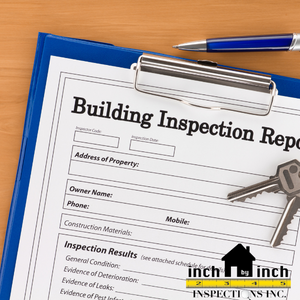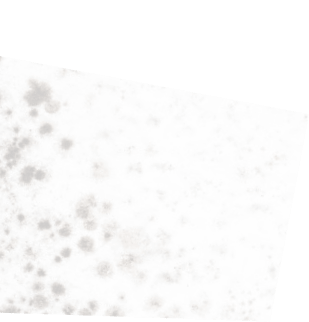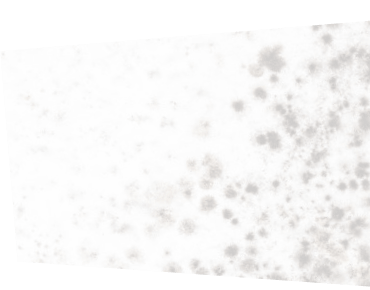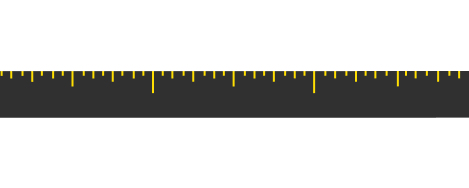 Whether you are living your own property or renting it, you need to know if it is safe and free of toxic substances as the homeowner. Getting a Designated Substance Survey (DSS) for your Toronto home is the first step on that way. The DSS report provides you with preliminary information on the presence of asbestos and other hazardous substances in your building.
Whether you are living your own property or renting it, you need to know if it is safe and free of toxic substances as the homeowner. Getting a Designated Substance Survey (DSS) for your Toronto home is the first step on that way. The DSS report provides you with preliminary information on the presence of asbestos and other hazardous substances in your building.
Different Canadian provinces have different terms for this type of survey. Some call it a "Targeted" or "Selective" survey, while others use the term "Comprehensive". Regardless of what it is called, the laws are all based on the same principle: owners must request a professional commercial property inspection to identify any potential life safety issue that could impact the building occupants and immediately address them.
What Is a DSS
A designated substances survey helps you detect the presence of designated substances at your property. Designated substances include various compounds that are dangerous to human health, being toxic in small doses or very likely to cause cancer. The Occupational Health and Safety Act lists eleven designated substances:
- Asbestos
- Lead
- Arsenic
- Mercury
- Silica
- Acrylonitrile
- Coke oven emissions
- Ethylene oxide
- Benzene
- Vinyl chloride
- Isocyanates
The four most commonly present in residential buildings are asbestos, lead, mercury and silica. Although not labelled as designated, some substances, like mold and polychlorinated biphenyls (PCBs), still pose a health threat and are included in the survey.
What Does It Cover
A classic DSS includes a thorough inspection of the property for any signs of designated substances or materials containing them. The inspector also assesses the state of the materials and takes samples from spots that are deemed critical. The samples are then taken to a licensed laboratory for analysis.
DSS Regulations
The province of Ontario has recently updated the Ontario Building Code to include the requirement of Designated Substance Surveys (DSS). The DSS are done by a Certified Home Inspector (CHI) trained in both thermal imaging and air quality testing to identify any designated substances within a commercial building. The building owner or manager is financially responsible for ensuring that they have proper surveys completed by a CHI. The exceptions are:
- if the building was built before 2003
- if it is less than 2000 square feet
- if the building is a residence of a single family
- if it is used as a private school or child care facility
To create awareness for this new responsibility, many articles are being published about how individuals can best protect themselves from mold exposure which can cause health issues. But how do you know if you need a commercial property inspection? The first sign is obvious - if there is visible mold anywhere in the building, you could have a problem.
The Building Owner's responsibility regarding Designated Substance Surveys (DSS) is primarily dictated by the provincial legislation in which the building is located. If your property is located in Toronto, you can reach out to Inch by Inch Inspections and get all the answers you need.




